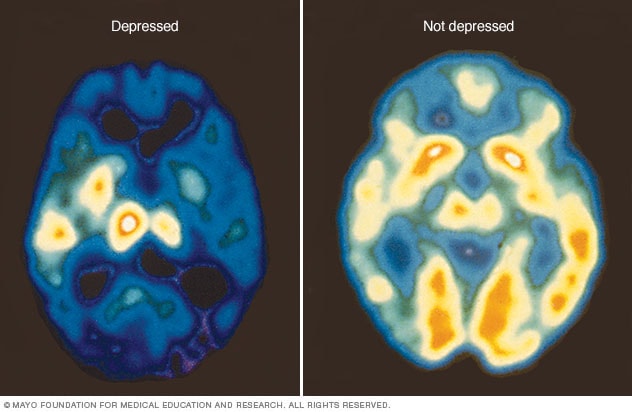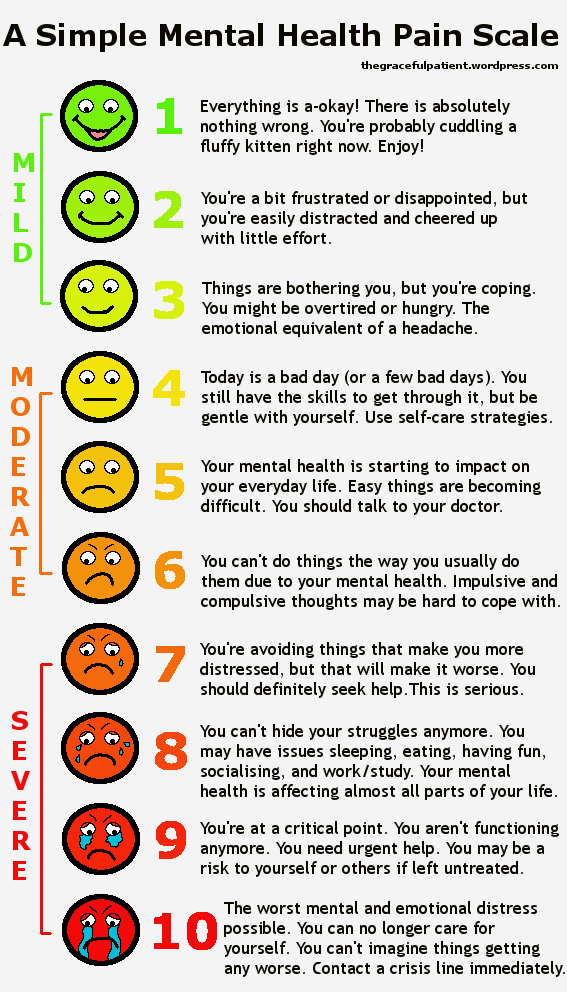There is one character, however,
who we don’t get any insight into—that of “Mum” herself. The play, told in retrospect and flashbacks,
does not feature her viewpoint or experience.
She is referred to as someone who “finds it hard to be happy.” Someone who is “sad.” Someone who does “stupid” things. Someone who does not focus on “every brilliant
thing” worth living for. Without Mum’s perspective we are missing a critical
piece of the puzzle, and are left perplexed by her seemingly inexplicable actions.
Last year I wrote my own list
titled “Things That Didn’t Suck Today.” Catchy right? To be fair, I was at what would turn out to
be the tail end of nearly 2 ½ years of acute symptoms of clinical
depression. This wasn’t my first rodeo. All told, 9 of the past 22 years have been
spent battling this disorder. I have
studied it, lived it, visited doctor’s, and read countless self-help books covering
topics from better sleep to rearranging Chakra’s, all in the search for a cure,
or at the very least, strategies to lessen the intense mental, physical, and
emotional suffering.
While I did not choose to have a
mental health disorder, I am grateful that I can find meaning in my experience,
and share what I have learned along the way. "Every Brilliant Thing" will be performed tomorrow evening at the high school near my home. It is an opportunity to discuss, demystify, and bring better awareness and understanding to the subject of mental health, and specifically mental health disorders such as depression.
Below are some resources that I often share that might help give perspective and voice to those, who like Mum, experience symptoms of depression. Because connecting and communicating the experience of those who suffer with those who can provide support, is something that would truly be brilliant.
Below are some resources that I often share that might help give perspective and voice to those, who like Mum, experience symptoms of depression. Because connecting and communicating the experience of those who suffer with those who can provide support, is something that would truly be brilliant.
CLINICAL DEPRESSION IS AN ILLNESS
KNOWLEDGE IS POWER: Know what you’re up against! Fear and stigma are often the result of misunderstanding. Learn about your and/or your loved one’s illness. Spend 5 or 10 minutes on one of the following websites to get a better understanding of what you’re facing. NAMI The Mighty Child Mind
VALIDATION AND EMPATHY CAN BE LIFE SAVING: Provide validation and empathy of the experience. Here is a great short animation from Brene Brown on empathy. Self-compassion, and compassion from others can be life saving when you have a mental illness. Bottom line? You, dear friend, are not alone.
COMMUNICATING LEVELS OF DISTRESS IS CRITICAL: Because asking “what’s wrong?” does not always yield an answer that conveys what is being felt, a 1-10 mental health scale can be useful to identify the intensity of what is being experienced. Similar to taking someone’s temperature with a thermometer, this tool is meant to illustrate the amount of suffering occurring, but will not necessarily show the cause of the suffering.



